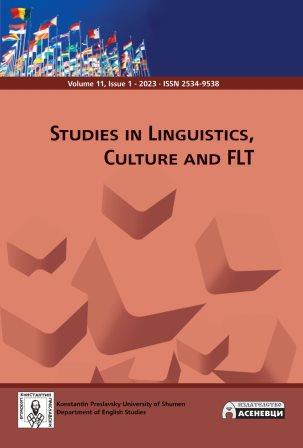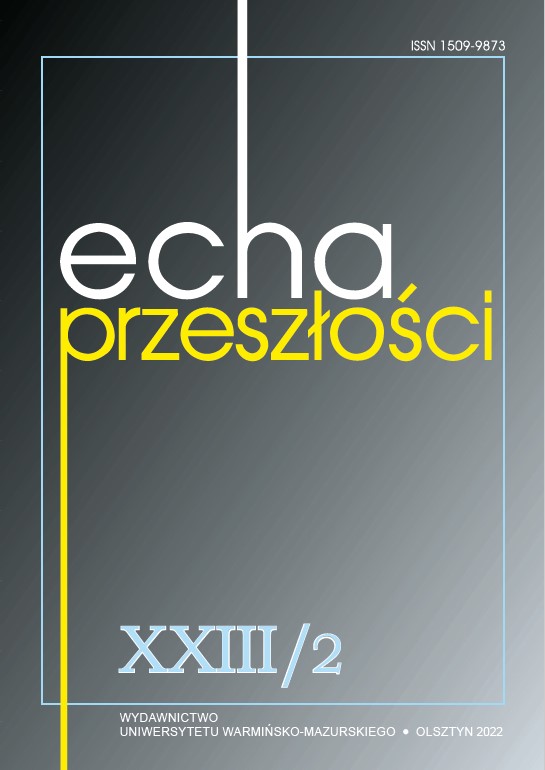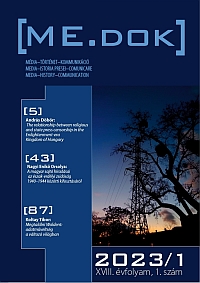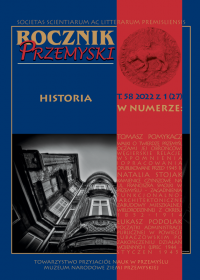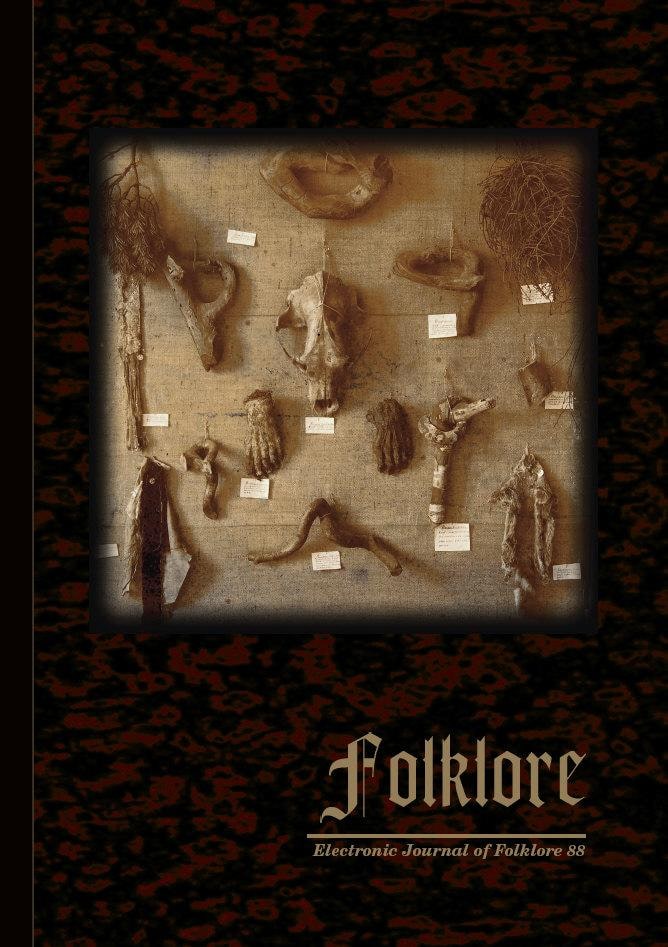
Materiality of Magic in Estonian and Finnish Museums
Materiality of Magic in Estonian and Finnish Museums
Keywords: Estonia; Finland; folk magic; folk medicine; materiality; museums;
This paper discusses objects connected with folk magic and medicine found in museum collections in Estonia and Finland. Our perspective is comparative as we compare these collections to other sources and to each other. The focus is on what kind of objects are found in the museum collections and how these differ between the two countries. We also explore how these materials have been acquired and collated. While we see general similarities between the magic objects in the two countries, there are also notable differences: remains of bears stand out in the Finnish collections while fossils are common in the Estonian ones. Although these observations may reflect a true difference in magic traditions, there are still potential sources of bias in the collections. Even though the museum collections in both countries were formed with romantic national overtones, the interests of individual collectors and curators influenced them in various ways.
More...
